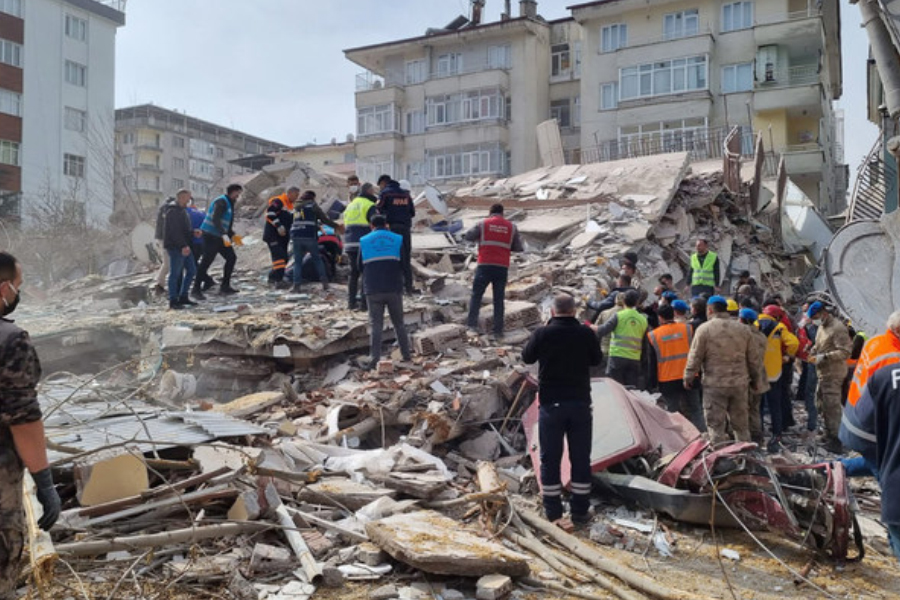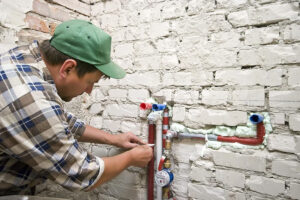From Preparedness to Restoration: A Comprehensive Guide to Disaster Response Businesses

Discover the importance of being prepared and how to develop effective training programs for your response teams. Learn about mobilization strategies and collaboration with government agencies for enhanced response. Finally, understand the crucial role of disaster response businesses in restoring communities.
The Importance of Preparedness in Disaster Response Businesses
You should prioritize preparedness in your disaster response business to ensure a successful response and recovery. Being prepared means having a solid plan in place before a disaster strikes. This includes training your staff to handle different types of emergencies, stocking up on essential supplies, and regularly reviewing and updating your emergency response protocols.
By taking these proactive measures, you can minimize the impact of a disaster on your business and the community you serve. Preparedness also involves establishing strong relationships with local authorities, emergency management agencies, and other relevant stakeholders. This collaboration is crucial for effective coordination and resource allocation during a crisis.
Developing Effective Training Programs for Disaster Response Teams
To develop effective training programs for your disaster response teams, it’s important to prioritize hands-on exercises and simulations. This approach allows your team members to gain practical experience and develop the necessary skills to handle real-life emergencies.
By engaging in hands-on exercises, they can learn how to navigate through unpredictable scenarios and make critical decisions under pressure. Simulations, on the other hand, provide a safe environment to practice their response techniques and communication strategies.
These training methods help your team members build confidence and enhance their problem-solving abilities, ultimately improving their overall performance during actual disasters. Additionally, hands-on exercises and simulations allow your team to identify any weaknesses or gaps in their response plans, enabling you to make necessary adjustments and improvements.
Mobilization Strategies for Rapid and Efficient Disaster Response
When mobilizing for rapid and efficient disaster response, it’s crucial to establish clear communication channels and coordinate resources effectively. This starts with ensuring that all team members have access to reliable communication tools, such as radios or mobile phones.
You should also establish a central command center where information can be gathered and disseminated quickly. Assigning specific roles and responsibilities to each team member is essential for smooth coordination. Make sure everyone knows their tasks and understands the overall objectives. Additionally, it’s important to have a system in place for tracking and managing resources, such as supplies, equipment, and personnel. Regularly update this system to ensure accurate inventory and prevent shortages.
Collaborating With Government Agencies for Enhanced Disaster Response
Collaborating with government agencies enhances disaster response by facilitating the sharing of resources and coordinating efforts more effectively. By working together, you’re able to tap into the government’s vast network and access critical resources such as personnel, equipment, and information. This collaboration allows for a more comprehensive and coordinated response, ensuring that all aspects of the disaster are addressed.
Government agencies can provide valuable expertise and support in areas such as logistics, communication, and emergency management. They can also help streamline processes and remove bureaucratic barriers, enabling faster and more efficient response efforts.
Restoring Communities: The Role of Disaster Response Businesses
By partnering with disaster response businesses, you’re able to contribute to the restoration of communities and help rebuild after a disaster. These businesses play a crucial role in the recovery process, providing specialized services to address the various needs of affected areas.
From debris removal and structural repairs to water and mold remediation, disaster response businesses have the expertise and resources to restore communities to their former state. They work tirelessly to ensure that homes, businesses, and public infrastructure are restored, allowing residents to return to their normal lives as quickly as possible.








